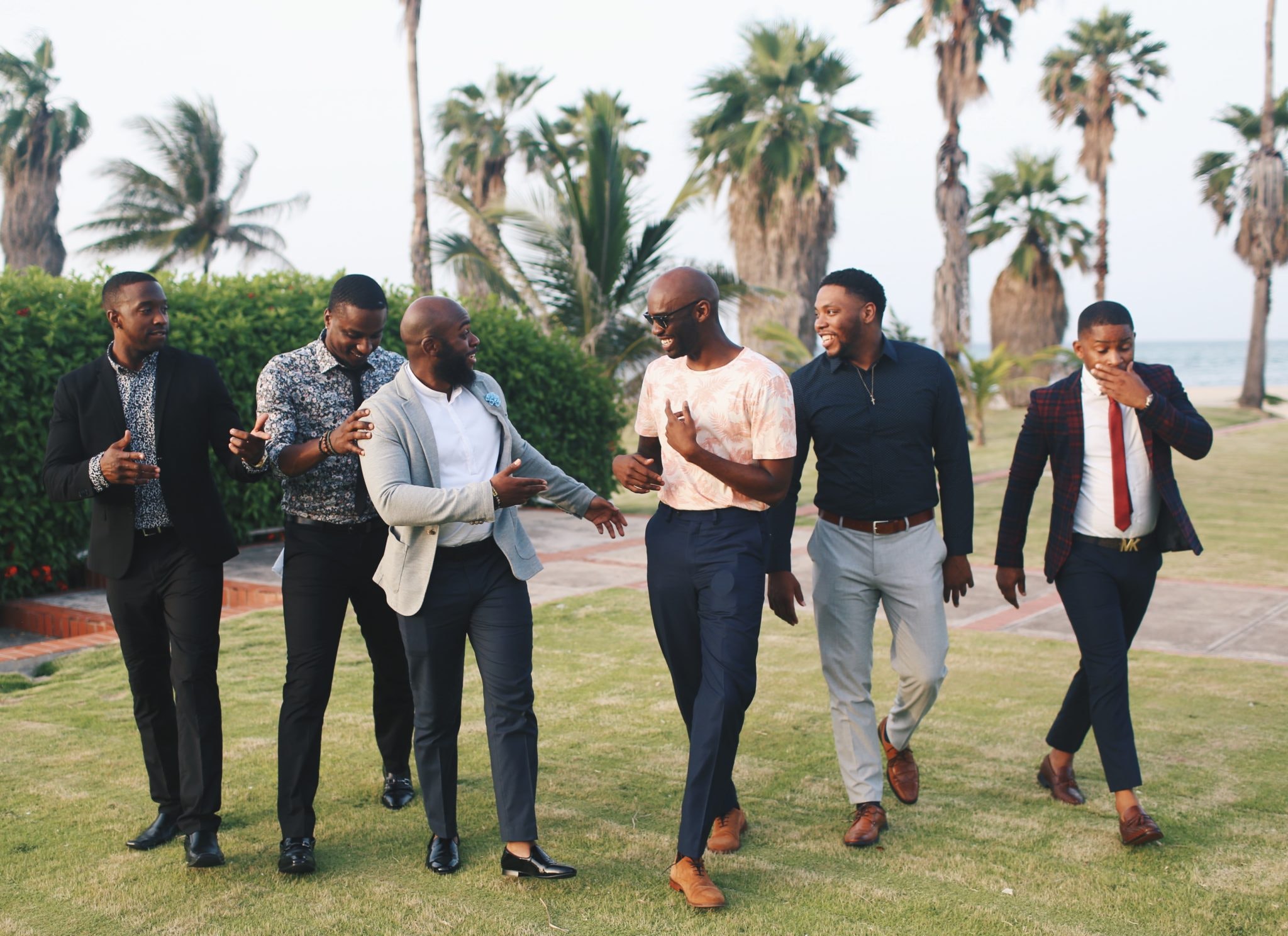From luxury communities in the Hamptons to historic beach front enclaves, these black summer communities have been thriving for generations and continue to fight to hold on to their identity and history.
RELATED: Where To Find Black-Owned Travel Gear For Kids
Oak Bluffs – Martha’s Vineyard, MA
This coastal beach village of Martha’s Vineyard has been home to black summer vacationers for over 100 years. One of President Obama’s and the late Maya Angelou’s favorite vacation destinations, Oak Bluffs is steeped in black history and culture. According to medium.com, some of its first dwellers were runaway slaves and indentured servants. During the era of segregation, Martha’s Vineyard was always a popular beachfront community for white tourists, and thanks to Charles Shearer, the son of a slave, he turned a beach cottage into the first Inn where African Americans could lodge.
Sag Harbor – Long Island, NY
For generations beginning in the early twentieth century, Sag Harbor has been the black community in the Hamptons. After World War II during segregation, Sag Harbor developed a robust community of African Americans allowing working class black families to purchase land and start development in the area. Today, its residents continue to fight off gentrification and overdevelopment in hopes of keeping its roots intact.
RELATED: 5 Black-Owned Sunscreen Brands To Protect Your Melanin This Summer
Gullah-Geechee Islands, SC
The Gullah/Geechees have preserved their history more than any African American community in the United States. They are descendants of Central and West Africans and were enslaved together on the isolated islands which stretch along the U.S. coastline from North Carolina down to St. Johns, Florida. Numerous tours throughout the islands as well as on the mainland offer a deeper look into the rich history and culture of the Gullah/Geechees people.
Idlewild, MI
Once known as the “Black Eden”, Idlewild drew more than 25,000 African Americans from Chicago, Detroit, Cleveland, and Indianapolis each summer to visit its 2,700 acres of lakes and wilderness in the 1950s and ’60s. According to savingplaces.org, founded in 1912, Idlewild became a place for intellectual and political interaction among prominent members of the 1920’s African American community, including William Pickens and W.E.B. Du Bois. Today the community continues to work hard to preserve its identity and its once thriving nightlife that hosted the best African American entertainers of the day.
